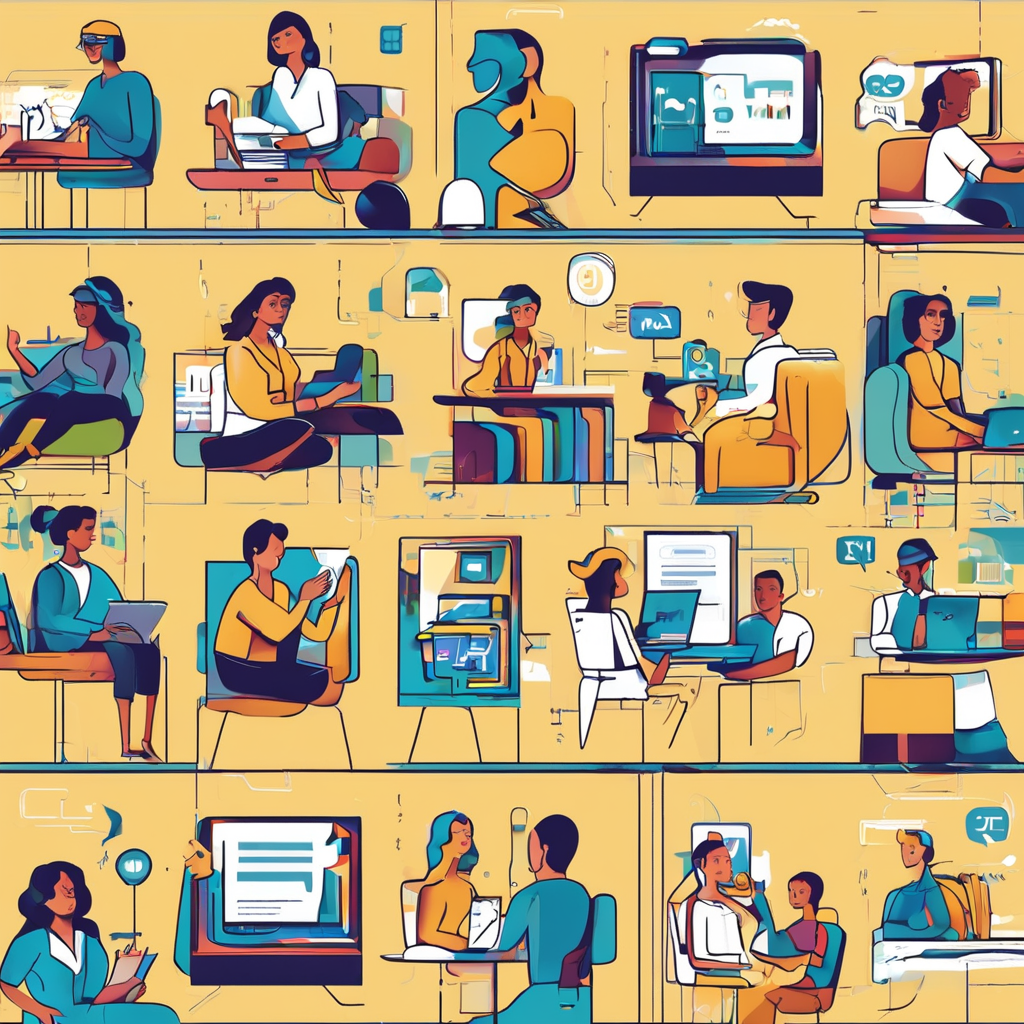In recent years, the field of artificial intelligence has seen remarkable advancements, particularly in the realm of conversational AI. One of the most notable examples of this progress is ChatGPT, a cutting-edge language model developed by OpenAI. ChatGPT represents a significant milestone in the evolution of AI technology, showcasing the power of machine learning in generating human-like text and engaging in meaningful conversations.
Conversational AI, such as ChatGPT, has revolutionized various industries, including customer service, education, and entertainment. Companies are increasingly turning to AI-powered chatbots to streamline communication with customers and provide personalized experiences. Educational institutions are leveraging conversational AI to enhance remote learning initiatives, while entertainment companies are creating interactive storytelling experiences for audiences.
The capabilities of ChatGPT extend beyond simple question-and-answer interactions. This advanced language model can engage in nuanced discussions, understand context, and even exhibit a sense of humor. By analyzing vast amounts of text data, ChatGPT has been trained to generate responses that are coherent, relevant, and tailored to the specific conversational context.
One of the key strengths of ChatGPT lies in its ability to adapt to diverse conversational styles and topics. Whether discussing current events, providing recommendations, or engaging in casual banter, ChatGPT can seamlessly transition between different types of conversations. This adaptability makes it a versatile tool for a wide range of applications.
The rise of conversational AI platforms like ChatGPT has sparked discussions about the ethical implications of AI technology. Concerns have been raised about the potential misuse of AI-generated content, the perpetuation of biases in language models, and the impact on human social interactions. As AI continues to advance, it is crucial to address these ethical considerations and ensure responsible development and deployment of AI systems.
Despite the challenges and ethical concerns surrounding AI technology, the potential benefits of conversational AI are vast. From enhancing customer experiences to facilitating language translation and improving accessibility for individuals with disabilities, AI-powered chatbots have the capacity to transform how we interact with technology and each other.
Looking ahead, the future of conversational AI holds promise for even more sophisticated and human-like interactions. Researchers and developers are constantly pushing the boundaries of AI technology, striving to create AI systems that exhibit empathy, emotional intelligence, and a deeper understanding of human behavior. The evolution of conversational AI is poised to revolutionize the way we communicate and interact in an increasingly digital world.
As we embrace the era of conversational AI and witness the ongoing advancements in technology, it is essential to approach these developments with a critical eye and a commitment to ethical and responsible innovation. By harnessing the power of AI for positive societal impact and fostering a culture of transparency and accountability, we can ensure that conversational AI continues to enrich our lives and empower us to connect in new and meaningful ways.
